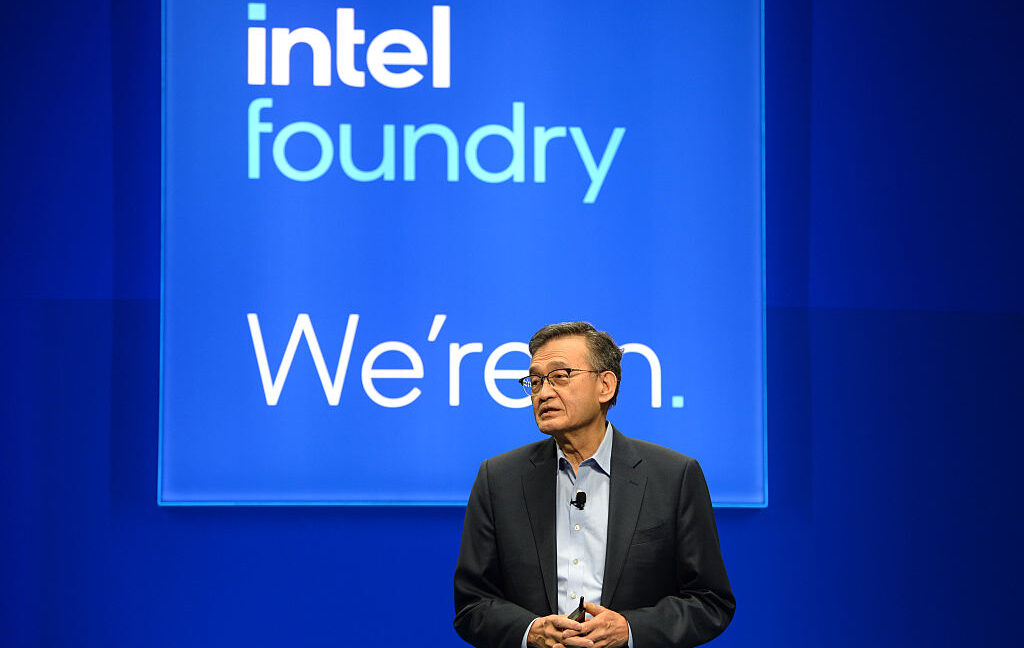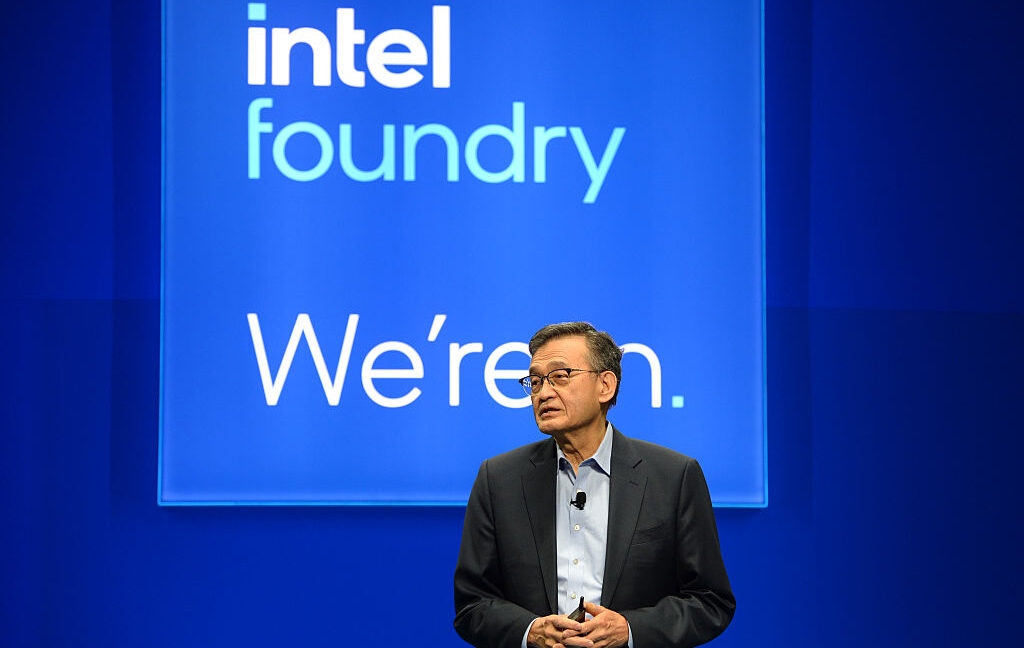Trump Calls for Intel CEO's Resignation Amid Controversy

In a controversial move, Donald Trump has publicly demanded the resignation of Intel's newly appointed CEO, Lip-Bu Tan, over alleged conflicts of interest. The semiconductor veteran, according to Trump, is "highly conflicted" and his departure is seen as necessary to resolve these issues.
Trump articulated his demands via a post on his Truth Social platform, declaring that there was no other way to address the potential conflict surrounding Tan's position. However, the former president did not specify the nature of the perceived conflicts. This comes in the wake of Republican Senator Tom Cotton's expressed concerns regarding Intel's security and Tan's connections to China, communicated in a letter to the board of the US chipmaker.
Ivoking his connections in Chinese markets, Tan historically made significant investments in the Chinese tech sector through his San Francisco-based venture capital initiatives, including involvement with Semiconductor Manufacturing International Corp—the largest chip manufacturer in China.
Previously, Tan led Cadence Design Systems, based in California, which recently faced allegations of violating US export controls by selling chip design tools to a Chinese military-linked university. His appointment as CEO of Intel in March followed Intel's board decision to oust Pat Gelsinger last December.
Intel, headquartered in the US, stands alone in its ability to produce advanced semiconductors. Despite this, it has missed much of the AI chip boom and faces stiff competition from Taiwan Semiconductor Manufacturing Company (TSMC). The company recently received billions in US subsidies and loans to fortify its chip-making operations.
Amid cost-cutting strategies, Tan warned last month about possibly halting the development of Intel's next-gen manufacturing technologies without securing a major external client. Such a drawback would potentially grant TSMC a monopoly over leading-edge chip production.
In his letter, Senator Cotton insisted on Intel's obligation to responsibly manage American taxpayer investments and adhere to security standards—factors he cited as jeopardized by Tan's affiliations. This ongoing saga raises critical questions about Intel’s future under Tan's leadership.
Additional reporting contributed by Demetri Sevastopulo.
© 2025 The Financial Times Ltd. All rights reserved. Not to be redistributed, copied, or modified in any way. Financial Times



